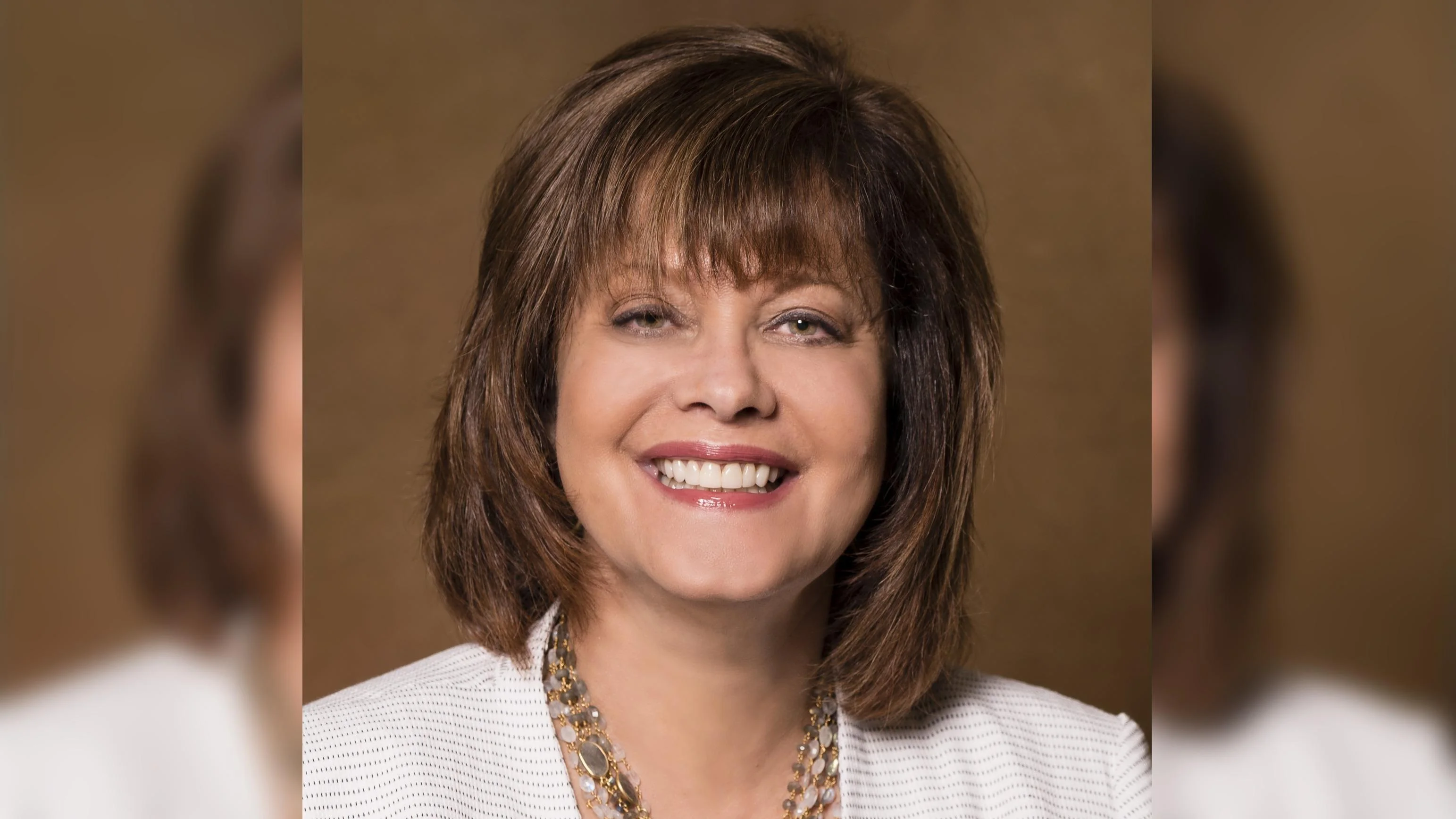Deputy Secretary Deb Standridge | LinkedIn Website
Deputy Secretary Deb Standridge | LinkedIn Website
On April 1, the Wisconsin Department of Health Services (DHS) submitted its plan for the annual share of $750 million in opioid settlement funds to the Legislature’s Joint Committee on Finance (JFC). As a result of settlements reached by the Wisconsin Department of Justice, Wisconsin will receive $36 million this year aimed at preventing opioid use disorder and enhancing efforts for harm reduction, treatment, and recovery.
“This is a thoughtful plan built from the advice we received through surveys, listening sessions, and roundtable discussions, as well as reviews of data and already existing programs, and by identifying the needs that still exist,” said Kirsten Johnson, DHS Secretary-designee. “We want to thank our partners, providers, and people with experience with opioid misuse and their family and friends for sharing their ideas that helped us shape a plan that moves us toward the goal of ending the state’s opioid epidemic.”
Attorney General Josh Kaul added, “The efforts of the Wisconsin Department of Justice and others to get accountability in connection with the opioid epidemic have secured the recovery of approximately 3/4 of a billion dollars. It’s essential that these funds be used as effectively as possible to combat the epidemic and save lives.”
2021 Wis. Act 57 requires DHS to submit a plan for anticipated settlement funds to the JFC annually.
The plan includes continued funding for projects from previous settlement plans. For example, DHS announced $2.5 million in grants to four Tribal Nations and 53 counties to help about 1,300 Wisconsin Medicaid recipients access residential treatment. Other funded projects can be found on the Dose of Reality webpage.
Two years ago, an agreement was reached with major pharmaceutical distributors Cardinal Health, McKesson Corporation, AmerisourceBergen Corporation, and Johnson & Johnson under National Prescription Opiate Litigation (NPOL). Payments from these distributors will continue for another 14 years while payments from Johnson & Johnson will persist for seven more years. In addition to these agreements, starting in 2024 Wisconsin will also receive funds from settlements with Teva Pharmaceutical Industries Ltd., Allergan plc., Walmart Inc., Walgreens Boots Alliance Inc., and CVS Health Corporation.
While data from 2023 is pending finalization, statistics from 2022 show that 1,464 individuals died due to opioid overdoses in Wisconsin with an additional 2,530 emergency room visits linked to opioid use. The presence of fentanyl—a potent synthetic opioid often unknowingly mixed into drugs—has significantly contributed to these fatalities.
DHS continues collaborating with DOJ on initiatives such as Dose of Reality where residents can access information regarding naloxone usage; fentanyl test strips; treatment options; recovery resources; methods for discussing opioid use with loved ones; along with resources available specifically for healthcare providers.
Additionally, individuals interested in community health development are invited to attend the 2024 Opioids Stimulants Trauma Summit scheduled from May 7-9 in Wisconsin Dells or online. Registration remains open until May 7.
For assistance related to opioid use disorder or other substance concerns contact the Wisconsin Addiction Recovery Helpline at either call number: 211 or toll-free at: 877-947-2211.
Members of media seeking further information may direct inquiries via email: DHSMedia@dhs.wisconsin.gov
###






 Alerts Sign-up
Alerts Sign-up